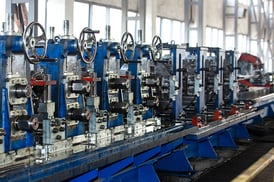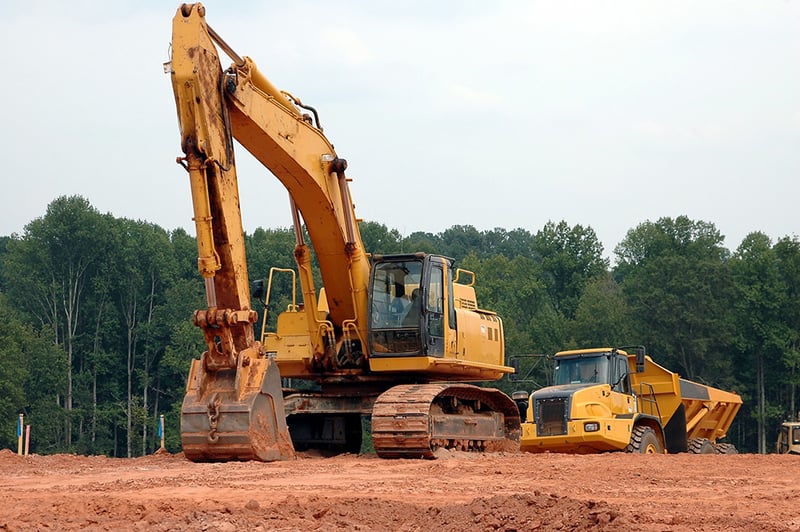
Most business owners have an opinion of what their assets are worth based on their day-to-day experience operating them. They probably remember what they paid for even their oldest vehicles and equipment while understanding the amount of maintenance and extra work that has been invested in them over the years.
If this holds true for you and your company, then why would there be a need to conduct an appraisal using an outside firm that doesn’t have this first-hand knowledge? What could they possibly know that you don’t?
The short answer is that a third-party appraisal is required from time to time. Whether it is your accountant, attorney, bank, investment partner, insurance agent, or a potential buyer, any of these employees or external relationships may recommend you obtain a valuation of the tangible assets for your business.
The advantages to obtaining an appraisal are not just limited to the requirement involved. For example, if your bank advises that the Small Business Administration (SBA) will be involved in your company’s refinancing plans, it will likely be a requirement to obtain an independent third-party appraisal of the assets, or collateral, supporting the new loan. Not only will the formal valuation report satisfy this need, but it will also provide you with an impartial, unbiased opinion of value for all your machinery, equipment, vehicles, and FF&E owned by the company. The report could be used for other internal needs as well, such as supporting a higher value for your overall business or updating property insurance coverage.
Any time you have an experienced, professional, third-party firm assist in validating the true value of your equipment, or any other facet of the business, the results will be viewed as realistic and objective, which brings a high level of credibility to you and your associates. It is always prudent to remove the inherent subjectiveness that might be weighing in with your own opinions.
As with any major life decision being considered, it is usually a good idea to obtain opinions from those who may be able to view things from a different perspective before the ultimate decision is made. Once trust is established with these partners, you will be able to rely on them to help you along the way.





